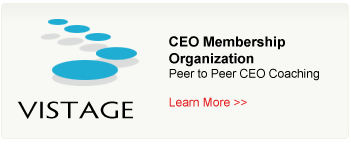Ethics: Real Data
So many news items of cheating in so many different walks of life. Even fisherman are cheating (“yo-yo” tactics where the bait is filled with lead weights, the fish eat it and weigh more when the champion is decided).
Are there more people cheating or is more of the cheating reported?
The Ethics Resource Center publishes a National Business Ethics Survey along with its Government and Nonprofit surveys. Their questionnaire enables measuring ethics trends. Here is their executive summary from the 2007 survey:
Good news: more formal ethics and compliance programs.
Bad news: Ethical misconduct is very high and back at pre-Enron levels – more than half the employees saw it happen, just under half of employees who witness it do not report it for fear of retaliation (one in eight who do report it experience some form of retaliation even when it is for theft, safety, quality, alteration of documents and more), and the number of companies inculcating enterprise-wide ethical culture has declined since 2005. Only 9% have strong ethical cultures.
My direct experience with CEOs and business owners may be a small sample (my peer advisory group, my CEO interviewees at a local college and my private practice, but there is a strong sense of integrity, a heavy emphasis on trust-building and reputation and a lot of speaking about it with employees (and dismissal for violations).
What are the top violations observed? Putting self interest about that of the organization, abusive behavior, lying to employees. Biggest increase over prior years? Lying internally and externally.
What are the consequences? Workplace negativity and cynicism about business ethics in America. Loss of trust, the key to growing a business in the first place.
Take a page out of Stephen M. R. Covey’s book – trust is the only thing — and the movie School For Scoundrels – the ultimate ploy is sincerity. A trustworthy company has a competitive advantage over others. If you really want to commit, there are lots of resources. Just ask.
Tags: Business ethics, ethnics data
 Countless more ordinary people of equal talent never developed the leadership core required to run the show. Why not?
Countless more ordinary people of equal talent never developed the leadership core required to run the show. Why not?

Tue, Sep 16, 2008
Leadership Development